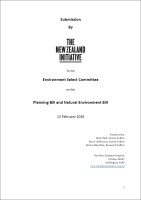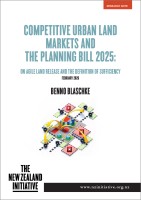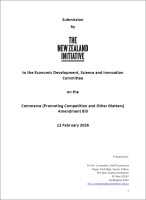Podcast: Understanding the highly sensitive learner
In this episode, Michael Johnston speaks with Kaaryn Cater of MindWise Connection about sensitivity – a temperamental trait that makes some people more affected by their environment. They explore why open-plan classrooms can overwhelm highly sensitive children, how social cues and sensory stimuli shape learning, and practical strategies teachers and workplaces can use to reduce overload and better support highly sensitive people. Read more












